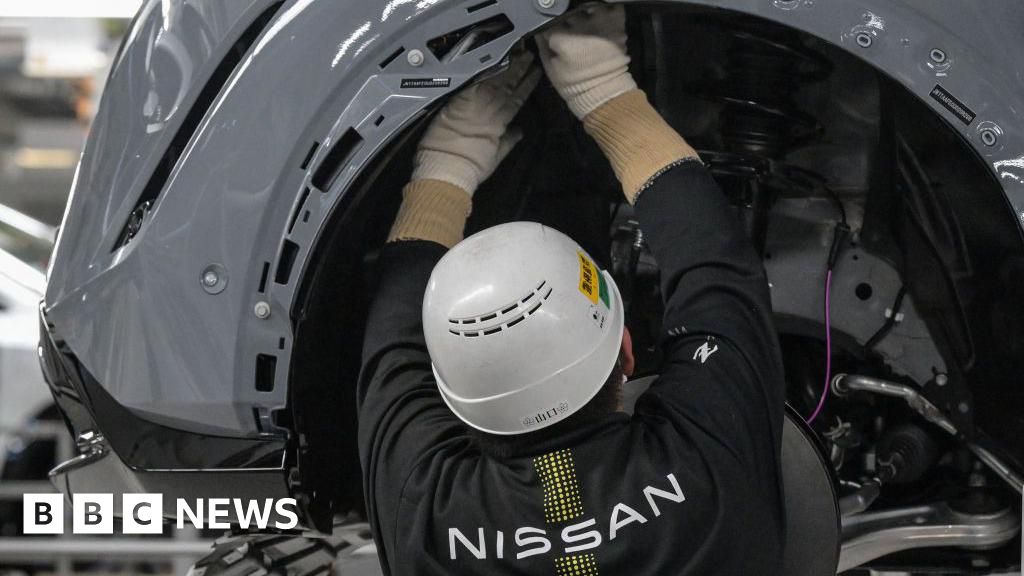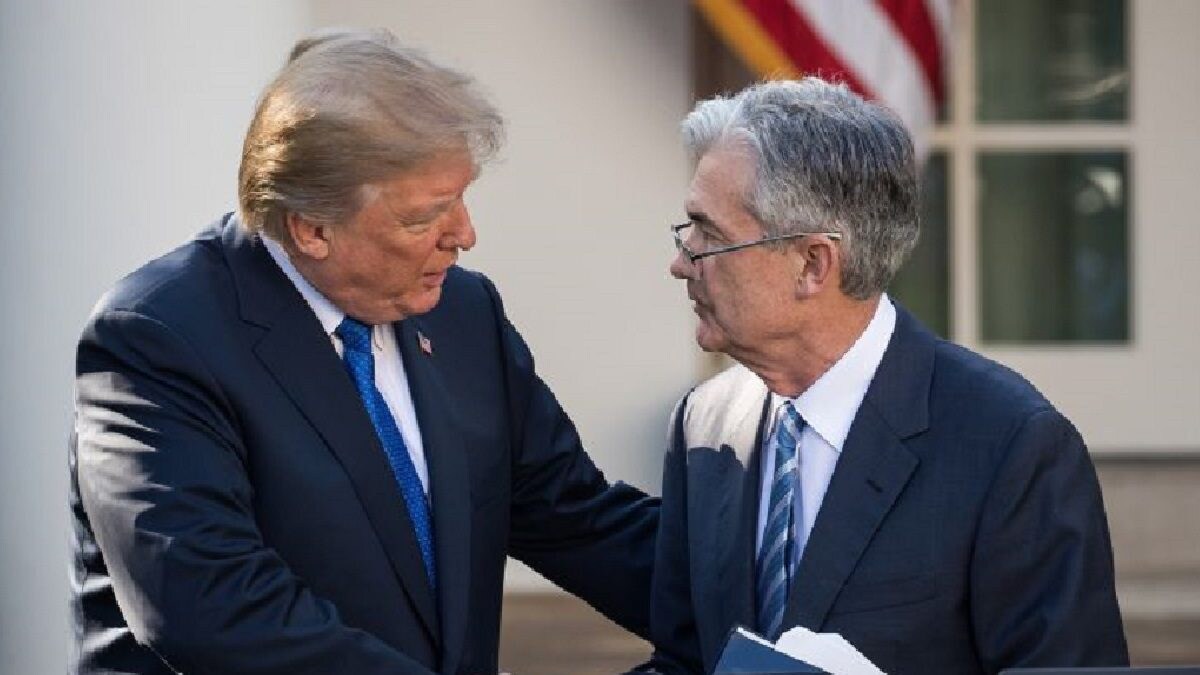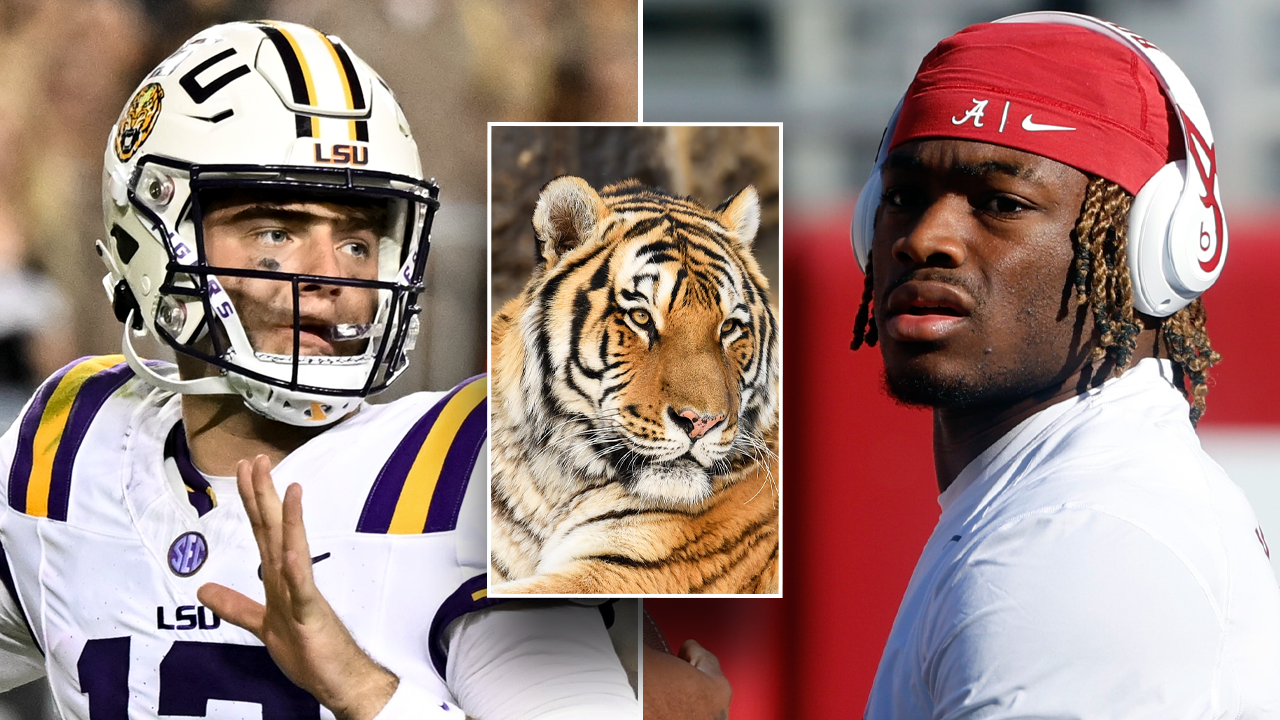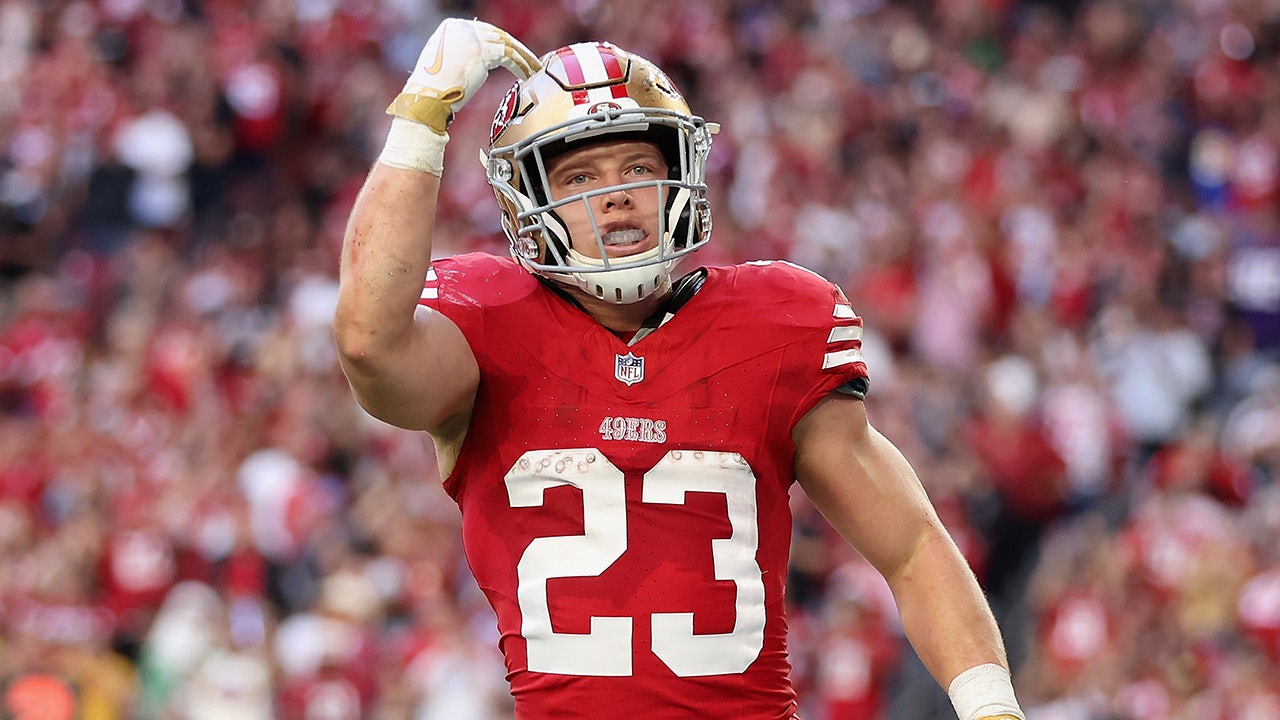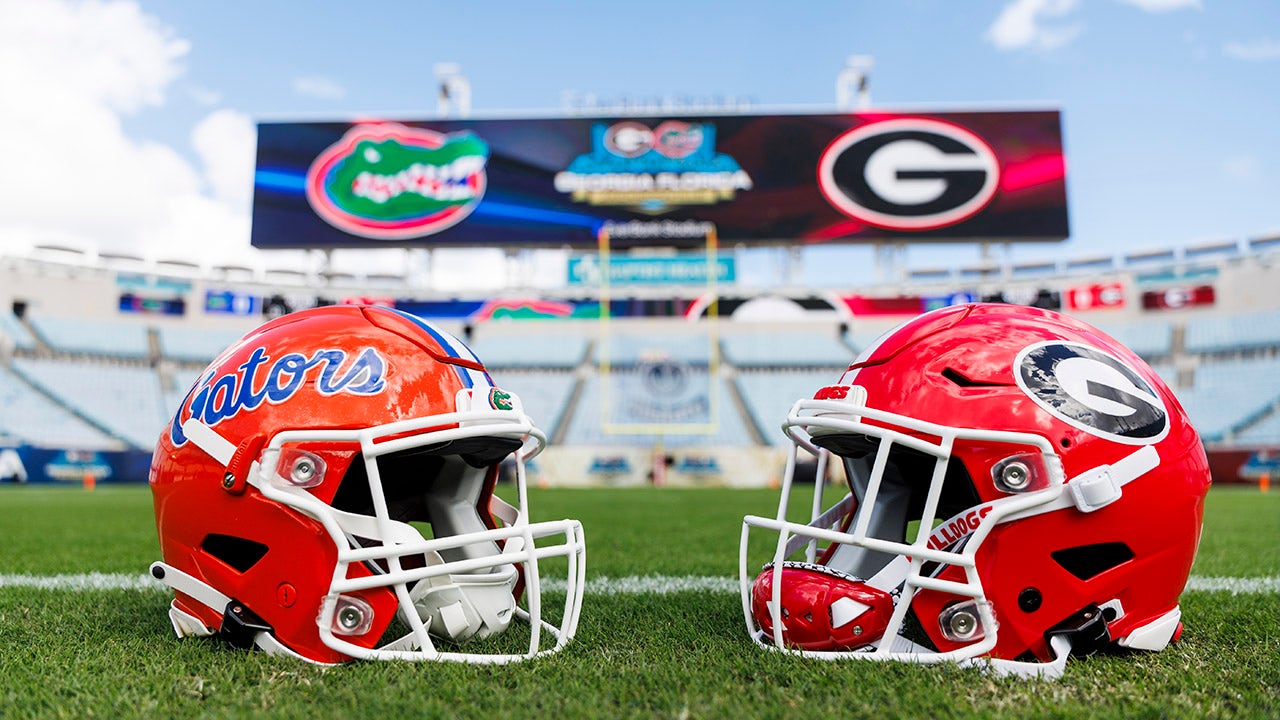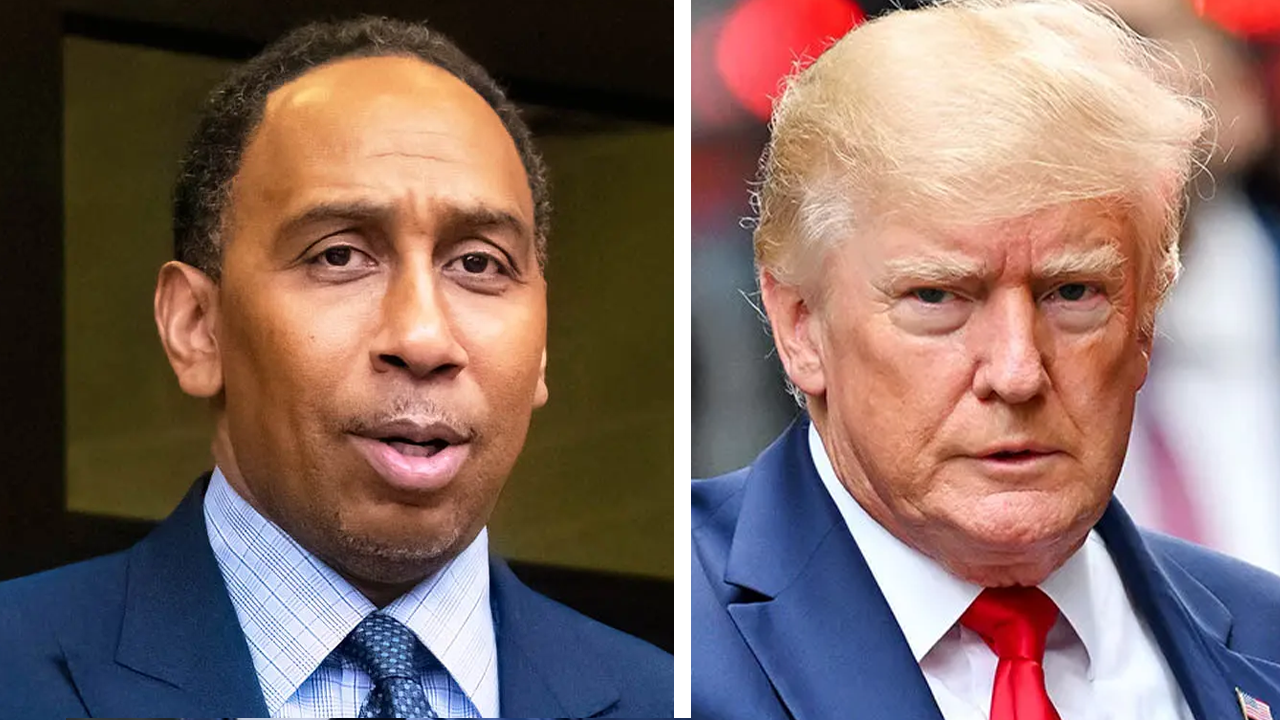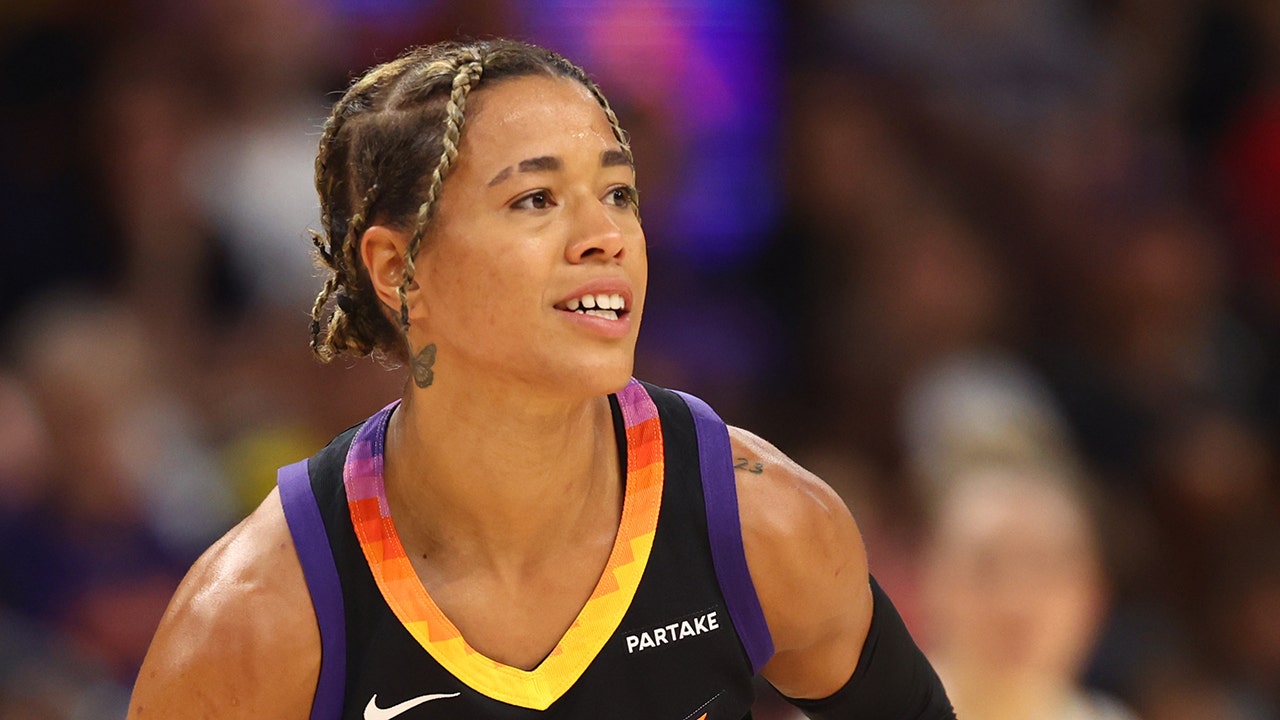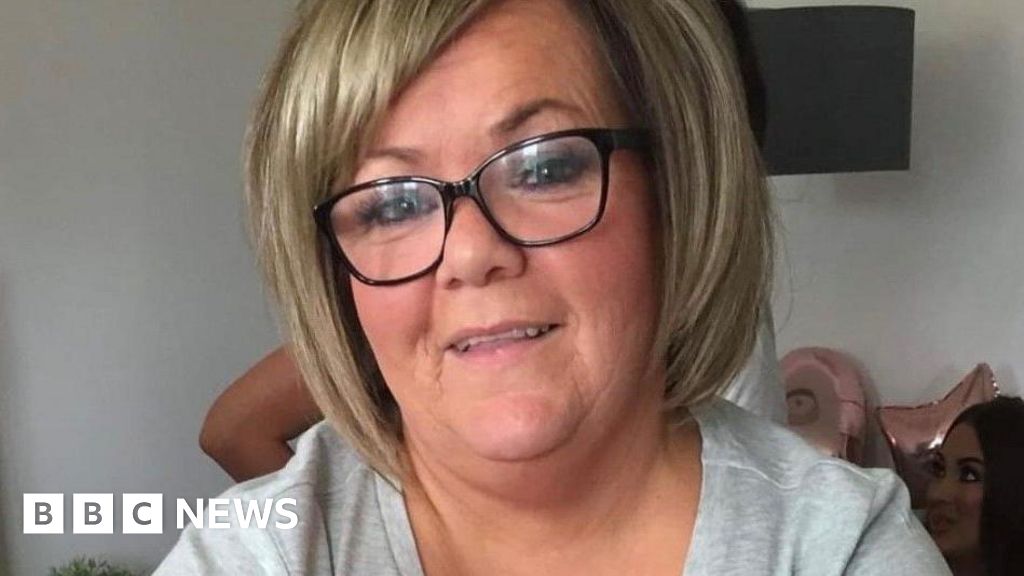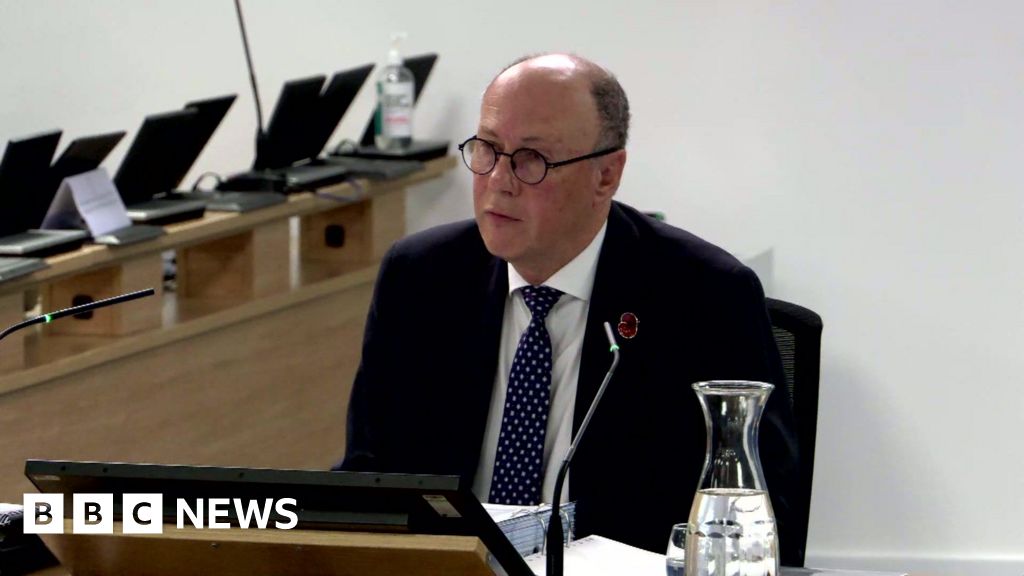“From all the guys serving, from all my friends and acquaintances, we all ask him to run in the presidential elections, to which he replied that times can be difficult, but for now he will be with the people and will run for office,” said Lt. Col. Artyom Zhoga, the commander of the ultranationalist Sparta Battalion.
The low-key announcement serves the carefully orchestrated purpose of showing “how modest Putin is,” so busy with real affairs amid the invasion of Ukraine that he does not have time to parade his political ambition in front of television cameras, said Tatiana Stanovaya, the founder of the R.Politik, a Russian political consultancy now based in Paris.
“Everyone is surprised that this is a strange announcement and that there is no video — but this is a sign of times. There is no time for campaigning, Putin will tell you,” Stanovaya said in a Telegram post. “I think the video will be shown eventually. It will just all be less pretentious and official.”
“The nomination is bursting with symbols: the heroes, the ‘fathers of Donbas’ want to see Putin again as president. … Putin chose war; war chooses Putin. That is, it is not so much about prosperity as it is about survival. The stakes were raised as high as possible,” she added.
About an hour after Zhoga’s initial remarks to state reporters were carried by agencies, Russian state TV aired a clip of the officer’s conversation with Putin in which the president says he has had “different thoughts at different times” about running again before curtly saying it is “time to make decisions” and confirms his candidacy.
“On behalf of our all our people, our Donbas, our reunited territories, wanted to ask you to take part in the presidential elections because there is so much work and, thanks to your work and your decision, we got freedom, the right of choice, and we want to take part in the elections,” Zhoga said, referring to eastern Ukrainian territories occupied by Russian forces. “You are our president. We are your team. We need you, and Russia needs you.”
Zhoga’s Sparta Battalion is a pro-Russian ultranationalist force formed in Donetsk in 2014 during a Kremlin-supported insurgency in eastern Ukraine, which has been integrated into the Russian armed forces since the full-scale invasion of Ukraine last year. Zhoga was among the speakers at Putin’s March 2022 pro-war rally in Moscow. Zhoga stated that “our task is to liberate our land from Nazi people,” echoing a false narrative that Ukraine is run by neo-Nazis seeking to destroy Russia.
The pro-Kremlin analyst Sergei Markov said the choice of location — after presenting Hero of Russia awards to soldiers at the Kremlin — was a sign that the president planned to contest the election by putting the war at the center of his campaign.
“Putin is going to the polls as the military leader of a warring country,” he wrote on Telegram. “This means that any concept of ‘getting away from the military agenda,’ or ‘focusing on internal social questions,’ has been discarded. And rightly so.”
For Putin, a focus on domestic policies would have been defeatist, he continued. “Putin abandoned a defeatist strategy and chose the image of a military leader that would provide him with a landslide victory.”
Putin has effectively ruled Russia since 2000, briefly swapping places with Dmitry Medvedev for a term in 2008 because he was constitutionally barred from serving a third consecutive term, and he loomed as the power behind Medvedev while holding the role of prime minister. Before the 2012 election, Putin pushed through a constitutional reform that removed the constitutional limits and extended the presidential term from four years to six.
Putin’s new run has been expected since 2020, when he took a step further in bending the Russian constitution and orchestrated changes that allow him potentially to stay in power until 2036, when he will be 84 years old.
The announcement suggests that, like autocrats in China and North Korea, Putin will not leave office in the foreseeable future and potentially not in his lifetime. In 2017, Putin quietly passed the mark as the longest-serving Russian leader after Joseph Stalin, who led the Soviet Union for almost three decades between 1924 and 1953, beating Leonid Brezhnev, who ruled for 18 years.
Putin’s long term in power makes him part of a club of strongmen who have ruled for decades, many of them African dictators, including Teodoro Obiang Nguema Mbasogo of Equatorial Guinea, in power since 1979; and Paul Biya of Cameroon, president since 1982; and Uganda’s Yoweri Museveni, president since 1986. The only leaders of former Soviet states in power for longer than Putin are Emomali Rahmon of Tajikistan and Alexander Lukashenko of Belarus, both of whom have ruled since the early 1990s. Both are close allies to Putin.
Putin’s election in March is assured in Russia’s highly-skewed election system, in which the Kremlin controls almost all news media, bars anti-Kremlin figures from running in elections, and has jailed Putin’s major opponents and pro-democracy activists, forcing thousands of activists to flee the country to avoid arrest.
Russian elections have long been marked by sweeping irregularities, including ballot stuffing and delays in ballot counts. Other features brought in since 2020, including elections held over three days and electronic voting, have made the system less transparent and more open to manipulation.
Under the state propaganda campaign, the Kremlin has maintained high support for Putin and for the war in Ukraine that now defines his presidency, portraying the conflict as a battle for Russia’s survival against a venal West determined to dismember the country and gobble up its resources.






